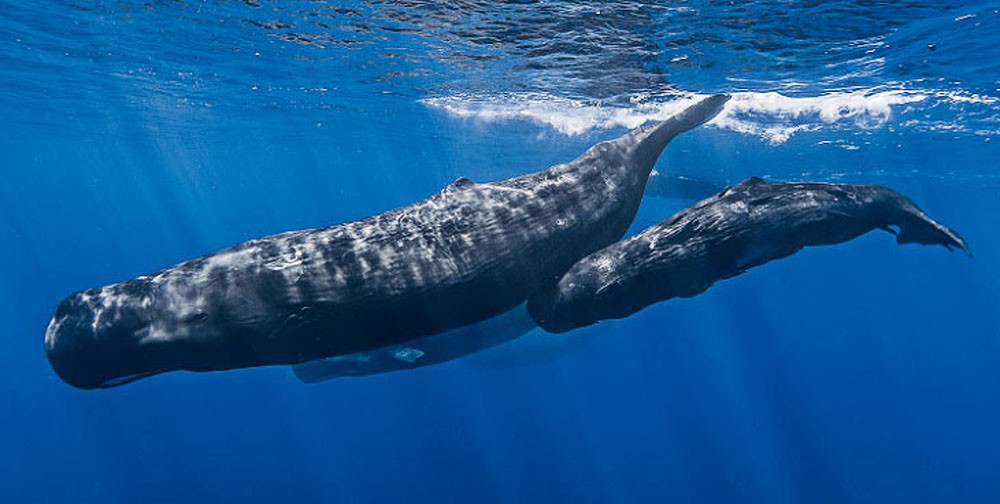Beached creature 'whale, not dolphin'
A team dispatched by the Rare Aquatic Species Indonesia (RASI) Conservation Foundation has confirmed that a sea creature found dead on Mangempang Beach in Muara Badak district, East Kalimantan, last week was not an Irrawaddy dolphin, or pesut, as previously reported.
Change text size
Gift Premium Articles
to Anyone
 Protected species -- A picture released by the National Oceanic and Atmospheric Administration (NOAA), an American scientific agency within the United States Department of Commerce, shows two sperm whales. (Courtesy of NOAA/-)
Protected species -- A picture released by the National Oceanic and Atmospheric Administration (NOAA), an American scientific agency within the United States Department of Commerce, shows two sperm whales. (Courtesy of NOAA/-)
A
team dispatched by the Rare Aquatic Species Indonesia (RASI) Conservation Foundation has confirmed that a sea creature found dead on Mangempang Beach in Muara Badak district, East Kalimantan, last week was not an Irrawaddy dolphin, or pesut, as previously reported. “It was a dwarf sperm whale, also known as kogia sima,” RASI researcher Danielle Kreb told journalists on Thursday.
After a thorough examination, the RASI researcher team was certain that the female dwarf sperm whale was attacked and killed by a cookiecutter shark, also known as a cigar shark. Although it is relatively small, only around 60 centimeters in length, the shark has extremely sharp teeth.
“Old wounds on the whale’s body showed it was probably attacked by a shark. The whale came to the surface of the sea because of its severe wounds before becoming stranded on Mangempang Beach,” said Kreb.
She further explained that dwarf sperm whales lived in deep-sea waters and ate squid, octopus and cuttlefish. It is quite difficult to find a dwarf sperm whale because of its silent movement, she added.
“Most research reports on dwarf sperm whales are obtained from beached whales like what we’ve seen here,” said Kreb.
As reported earlier, a pregnant Irrawaddy dolphin was found dead on Mangempang Beach, Muara Badak district, Kutai Kartanegara. Muara Badak resident Saidah reported the beached dolphin, which finally turned out to be a dwarf sperm whale, to the Indonesian Navy post in Marangkayu on July 7.
“We later removed it to our post for a further examination,” said the post’s commander, Second Lieut. Karel Setiawan. Several old wounds, initially suspected to be caused by the propellers of boats plying the Pangempang River, one of the Mahakam River’s tributaries, were found on the animal.
Kreb said the conservation status of dwarf sperm whales in Indonesia could not be determined given the lack of information on the species. However, mammal researchers agree that dwarf sperm whales live in almost all open waters across the world. They can be found in the northernmost waters of Japan to the southernmost ocean of Australia. (ebf)









